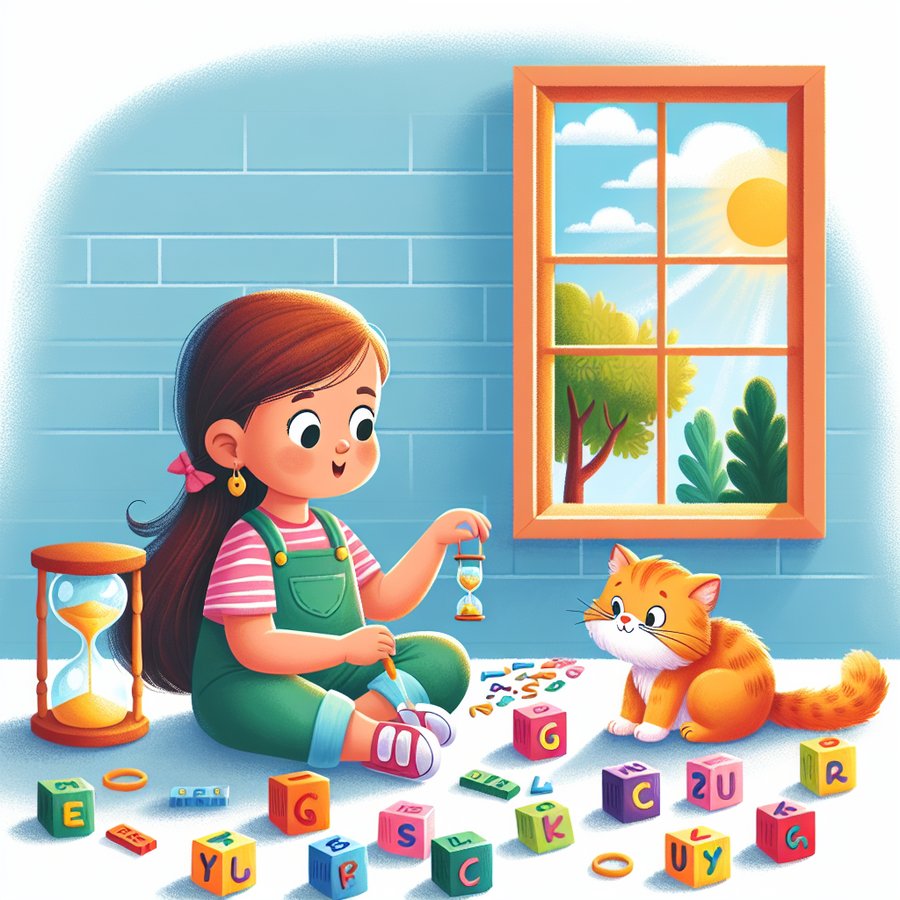Delayed speech in toddlers is a topic that garners significant attention among new parents. Understanding what constitutes delayed speech, its potential causes, and effective strategies for encouragement can be pivotal for a child’s developmental trajectory. This comprehensive guide aims to demystify the aspects of delayed speech, offering valuable insights and actionable advice for concerned parents.
What is Delayed Speech in Toddlers?
Delayed speech refers to a situation where a child’s language abilities are developing at a slower pace compared to typical developmental milestones. It’s important to distinguish between speech delay and language delay – the former relates to difficulties in articulation or producing sounds, while the latter involves challenges in understanding or using language. According to the American Speech-Language-Hearing Association, by the age of 2, most children should be able to say 50 or more words and start combining two words to form simple sentences.
Delayed speech can stem from a variety of causes, including hearing impairments, developmental disorders such as autism, or simply the natural variance in the pace of child development. Early recognition and intervention are key to supporting children facing these challenges.
How to Identify Delayed Speech in Your Child
Identifying delayed speech early can significantly impact a child’s ability to catch up to their peers. Parents should be vigilant for signs such as a limited vocabulary for their age, difficulty following simple instructions, or not using gestures like pointing by 12 months. Other red flags include not responding to their name, the absence of babbling, or not showing interest in communicating.
It’s crucial for parents to note that each child develops at their own pace, and what might be a sign of delayed speech in one child could be within the range of normal development for another. Consulting with a pediatrician or a speech-language pathologist can provide clarity and direction for concerned parents.
Supporting Your Child’s Speech Development at Home
There are several strategies parents can employ at home to support their child’s speech development. Engaging in daily reading sessions, for instance, can significantly boost language acquisition. Similarly, encouraging play that involves verbal interaction and using descriptive language during routine activities can enhance a child’s vocabulary and comprehension.
Additionally, being attentive and responsive to your child’s attempts to communicate can reinforce their efforts and confidence. Utilize technology wisely; educational apps and videos designed to promote language development can be beneficial when used appropriately.
When to Seek Professional Help for Delayed Speech
If you’re concerned about your child’s speech development, the first step is to consult with your pediatrician. They may recommend a hearing test to rule out hearing issues or refer you to a speech-language pathologist for a comprehensive evaluation. Early intervention programs, often available through public or private providers, can offer targeted support for children with delayed speech.
Remember, early detection and intervention are crucial. The earlier a child receives help, the better the outcome. Through professional guidance and home support, most children can make remarkable progress and catch up with their peers.
Additional Resources and Support for Parents
Navigating the journey of delayed speech can be challenging for parents, but you’re not alone. Numerous resources are available to provide support and guidance. Websites like BabyWhysAndHows.com offer a wealth of information on speech delays and other developmental concerns. Additionally, joining support groups, either in-person or online, can connect you with others facing similar challenges, offering a platform for sharing experiences and strategies.
Embracing a proactive and informed approach to addressing delayed speech can make a significant difference in your child’s development. With the right support and interventions, children can overcome these hurdles and thrive in their communication abilities.













